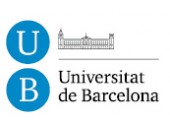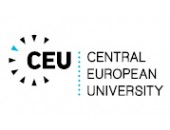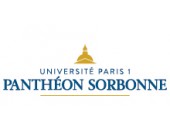Vision Document. Participation of citizens in debates on European Identity.
Jean-Louis Fabiani
A contradiction has arisen within cultural public policies between the need to preserve a legitimate culture, totally Eurocentric in character, and the democratization of the criteria recognizing the intrinsic value of a vast array of symbolic products, either “popular” and illegitimate, or of foreign origin. If we consider the question of national heritage, we easily see that the legitimate criteria about what should be preserved have been the subject of diverse extensions. Today, everything can be invested with procedures of heritage preservation: chateaux, but also locomotives and memories of labor, as well as the flimsiest relics of the rural world or popular practice. Chronological limits no longer exist: immediate history is one of the principal domains of protective fervor, and the notion of making everything a place of memory contributes to comfort the most apparently unorthodox decisions. The development of untangible heritage is the last step in the direction on the “heritagization” of everything.








